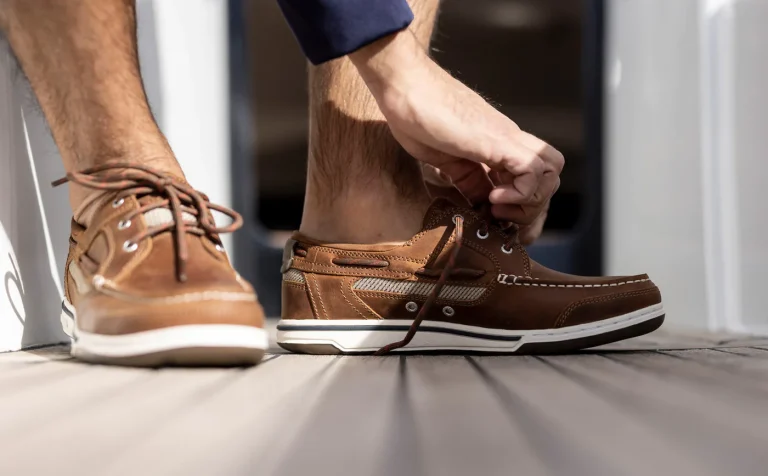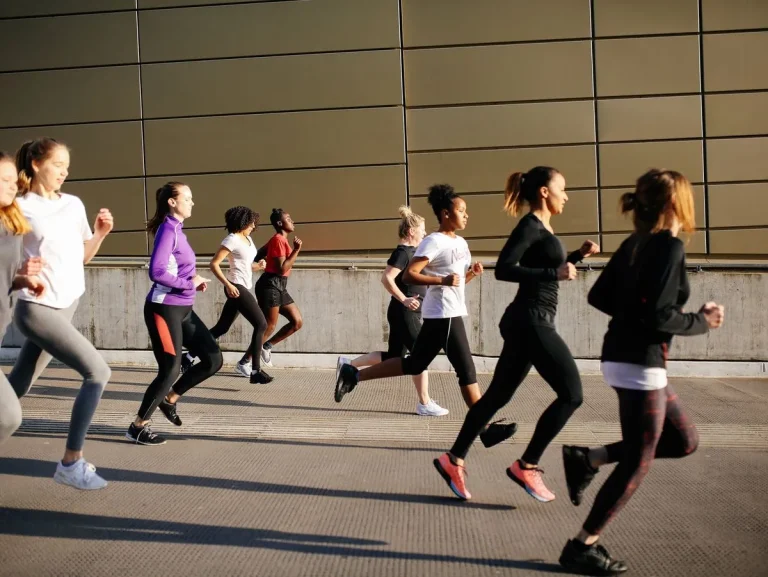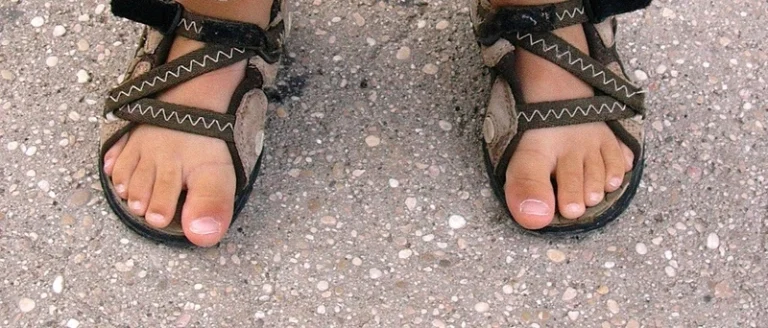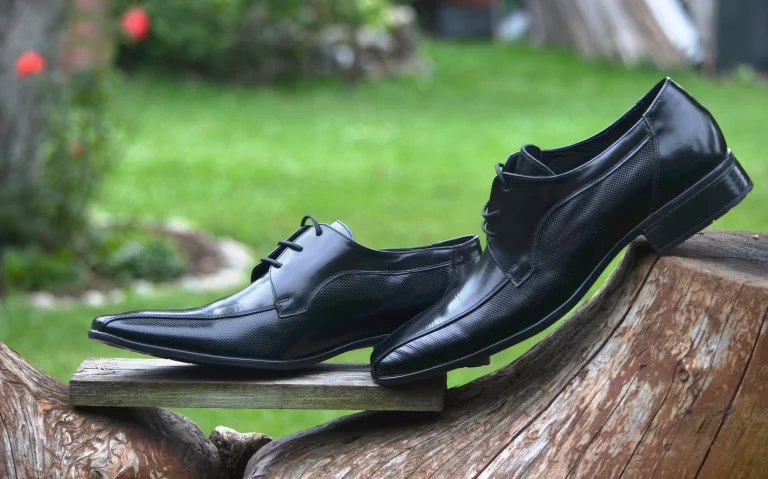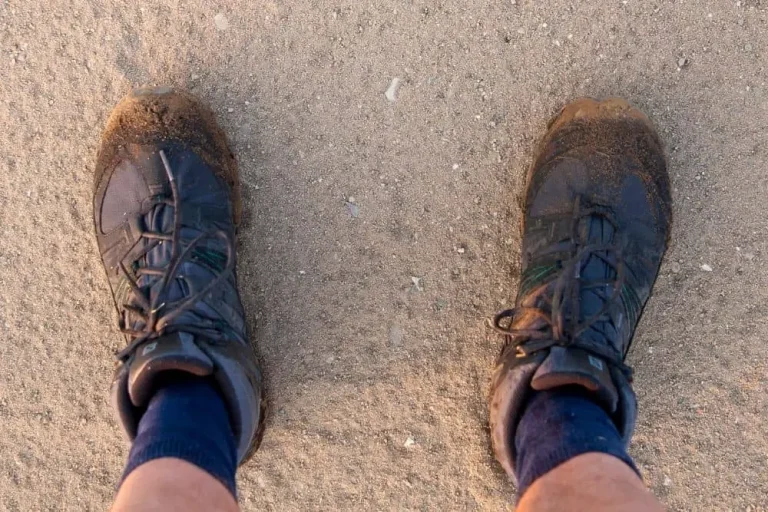Are Running Shoes Good For Hiking? Learn How It is Possible
While running shoes may not provide the same level of ankle support as hiking boots, they are often more versatile. A running shoe can be used both on trail and off trail, which favours a hiker who prefers a shoe that can do it all.
Are running shoes good for hiking? This is a common question among outdoor enthusiasts. Running shoes can be a convenient option for hiking due to their lightweight design and comfortable fit. They provide good traction and support for various terrains. However, it’s important to consider the specific demands of hiking, such as ankle stability and protection from rocks and debris. So, while running shoes can be suitable for some hiking trails, it’s essential to choose the right pair based on the difficulty and conditions of the hike.
Why Use a Running Shoe Over a Hiking Shoe?

There are a few reasons why someone might choose to use a running shoe over a hiking shoe for certain hiking situations. Running shoes are typically lighter and more flexible, which can be advantageous for faster-paced hikes or trails with smoother terrain. Additionally, running shoes often offer better breathability and cushioning, which can enhance comfort during long hikes. However, it’s important to note that running shoes may not provide the same level of ankle support and protection from rugged terrain as hiking shoes do. Therefore, the choice between running shoes and hiking shoes ultimately depends on the specific needs and conditions of the hike.
What is Difference Between Running And Hiking Shoes?
| Running Shoes | Hiking Shoes |
|---|---|
| The main differences between running shoes and hiking shoes lie in their design and intended use. Running shoes are designed for forward motion, with features like cushioning, flexibility, and lightweight construction to enhance speed and comfort. They prioritize shock absorption and energy return for repetitive impact on even surfaces. | Hiking shoes are built for the demands of hiking trails. They typically have sturdier construction, with features like ankle support, durable materials, and protective toe caps. Hiking shoes offer better traction on varied terrain, such as rocks, mud, and uneven surfaces. They also provide more stability and protection from debris and obstacles encountered on the trail. |
Running shoes are optimized for running on even surfaces, while hiking shoes are designed for the challenges of hiking trails, providing better support, traction, and protection.
Can You Wear Trail Running Shoes for Hiking?

Yes, trail running shoes can be suitable for hiking, especially on less challenging trails. Trail running shoes are designed to handle rough terrain and provide good traction, making them a viable option for hiking. They are typically lightweight, flexible, and offer cushioning for comfort during long hikes. However, it’s important to consider the specific demands of your hike, such as ankle stability and protection from rocks and debris. For more demanding hikes, especially those with steep inclines or rugged terrain, it may be advisable to opt for hiking shoes that provide additional ankle support and protection.
Related To: Are Running Shoes Good For Everyday Use?
Related To: Are Running Shoes Good For Tennis?
Is It OK To Wear a Trail Running Shoe on Pavement?

While trail running shoes are designed for off-road terrain, they can still be worn on pavement if needed. However, it’s important to note that the rugged outsole of trail running shoes may wear down more quickly on pavement compared to running on trails. Additionally, the cushioning and support in trail running shoes may not be optimized for the repetitive impact of running on hard surfaces like pavement. If you primarily run on pavement, it may be more beneficial to invest in running shoes specifically designed for road running, as they provide better cushioning and support for that type of surface.
Running Shoes Limited Capability During the Hike
Indeed, running shoes have limited capabilities when it comes to hiking. While they may be lightweight and comfortable for running, they lack certain features that are essential for hiking. Running shoes typically have less ankle support, which can be crucial on uneven and challenging terrains. They may also lack the necessary durability and protection needed for hiking, such as a sturdy sole to withstand rocks and debris. Additionally, running shoes may not provide adequate traction on slippery surfaces or in wet conditions. Therefore, it is generally recommended to opt for hiking shoes or boots that are specifically designed to meet the demands of hiking.
Related To: Best Running Shoes For Heel Pain
Related To: Best Running Shoes For Foot Pain
The Pros And Cons Of Hiking Shoes And Running Shoes
Pros And Cons Of Hiking Shoes
| Pros | Cons |
|---|---|
| Hiking shoes provide better ankle support, which is crucial for navigating uneven and rocky terrains. | Hiking shoes tend to be heavier than running shoes due to their sturdier construction and added features |
| Hiking shoes are designed to withstand rugged conditions and offer better protection against rocks, roots, and debris. | The materials used in hiking shoes may not offer the same level of breathability as running shoes, leading to potential discomfort on hot days. |
| They have specialized outsoles with deep lugs that provide excellent traction on various surfaces, including slippery or muddy trails. | Hiking shoes are designed for stability and support, which can limit the flexibility of the shoe, affecting natural foot movement. |
| Hiking shoes offer better stability, reducing the risk of ankle sprains or injuries on uneven terrain. | |
| Many hiking shoes come with waterproof or water-resistant features, keeping your feet dry in wet conditions. |
Pros And Cons Of Running Shoes
| Pros | Cons |
|---|---|
| Running shoes are typically lighter, allowing for faster and more agile movement. | Running shoes generally have less ankle support, which may be insufficient for navigating challenging terrains during hiking. |
| They offer superior cushioning to absorb impact and provide comfort during high-impact activities like running. | The materials used in running shoes may not withstand the rugged conditions encountered during hiking, leading to quicker wear and tear. |
| Running shoes are designed to allow for natural foot movement and flexibility, enhancing the running experience. | Running shoes may not provide the same level of traction as hiking shoes, making them less suitable for slippery or uneven surfaces. |
| Running shoes often have breathable mesh uppers, promoting airflow and keeping feet cool during intense workouts. |
What Shoes Should I Wear Hiking?
When it comes to hiking, it is recommended to wear hiking shoes or boots that are specifically designed for the activity. These shoes provide the necessary support, traction, and protection for various terrains and conditions. Look for hiking shoes that offer ankle support, a sturdy sole with good traction, and durable materials. Waterproof or water-resistant options can also be beneficial, depending on the weather and terrain you’ll encounter. It’s important to choose shoes that fit well and are comfortable for long hikes to ensure a safe and enjoyable experience.
Conclusion
Running shoes can be a viable option for hiking, especially on less challenging trails. They offer lightweight comfort and decent traction. However, for more demanding hikes that involve rough terrain or require ankle stability, it is advisable to invest in hiking shoes specifically designed for those purposes. Ultimately, the choice between running shoes and hiking shoes depends on the individual’s preferences, the difficulty of the hike, and the conditions of the trail. So, before embarking on a hiking adventure, it’s important to assess the specific requirements and choose footwear accordingly.



